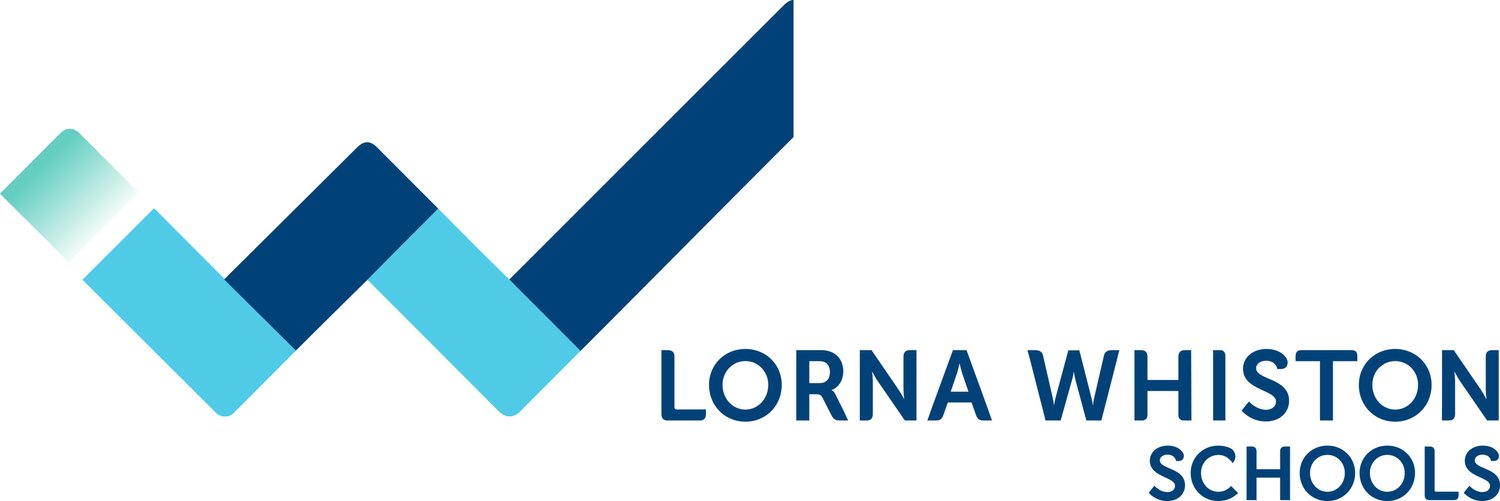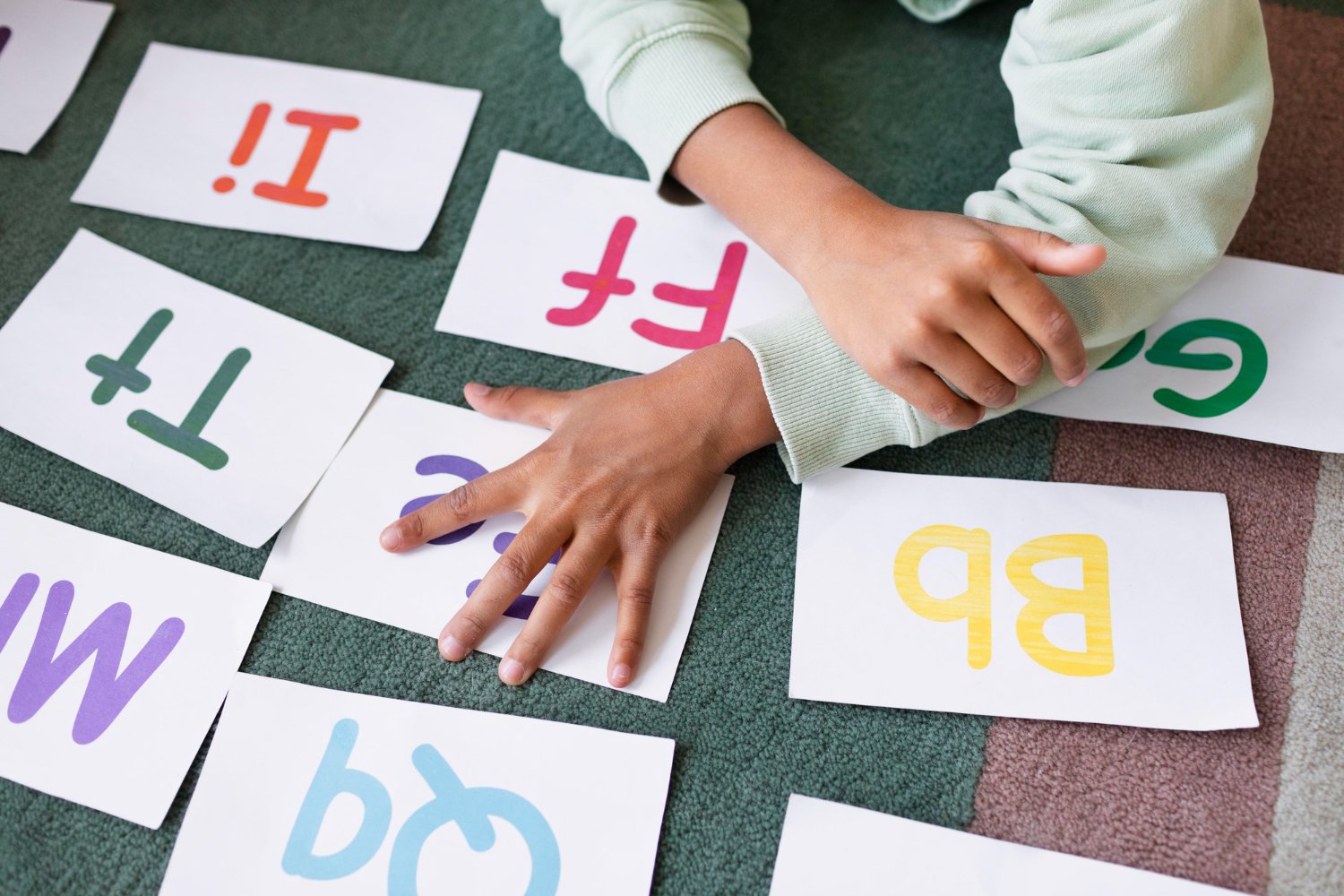The Importance of Phonics for Early Language Learning: A Guide by Lorna Whiston Schools
At Lorna Whiston Schools, we understand that reading is a critical skill that forms the foundation of academic success. That's why we're dedicated to providing our students with a strong educational foundation, which includes our Fun with Phonics class.
In this blog post, we'll discuss why phonics is essential for early language learning and how it can help children develop their reading skills and spelling abilities.
What is Phonics?
Phonics is a method of teaching children to read by matching sounds to letters or groups of letters. It involves breaking down words into their individual sounds (phonemes) and then blending them together to form words. Phonics instruction typically begins with letter-sound matching, where children learn to associate each letter with its corresponding sound. This is followed by phoneme segmentation, where children learn to break down words into their individual sounds.
Why is Phonics Important for Early Language Learning?
Phonics is an essential component of early language learning because it provides a systematic and logical approach to reading and spelling instruction. By understanding the relationship between sounds and letters, children can learn to read and spell words accurately. Phonics also enables children to decode unfamiliar words, which is a critical skill for reading comprehension.
How Phonics Helps Children Learn to Read: Phonics provides children with a solid foundation for developing their reading skills. By breaking down words into their individual sounds, children can learn to read words that they have not encountered before. This ability to decode unfamiliar words is essential for developing reading comprehension skills. Phonics also helps children to recognise patterns in words, such as rhyming words and word families, which can aid in their reading development.
Phonics and Spelling: Phonics is also important for developing spelling skills. By understanding how sounds are represented by letters, children can learn to spell words accurately. Spelling mistakes can undermine written communication and lead to misunderstandings. By teaching phonics, we can help children to develop their spelling skills and improve their written communication abilities.
Research on the Effectiveness of Phonics Instruction
Research has shown that phonics instruction is an effective approach to teaching early language skills. Studies have found that children who are taught phonics as part of their reading instruction have better reading skills than those who are not. Phonics instruction has also been shown to be particularly beneficial for children who are struggling with reading.
Adapting Phonics Instruction to Meet the Needs of Individual Learners
At Lorna Whiston Schools, we understand that every child is unique and may have different learning needs. That is why we adapt our phonics instruction to meet the needs of individual learners. We use a variety of approaches, such as letter-sound matching games, phoneme segmentation activities, and word blending exercises, to help children develop their phonics skills. Our goal is to provide a supportive and engaging learning environment that helps each child achieve their full potential.
The Importance of Phonics Instruction in Schools
Phonics instruction should be an integral part of early language learning in schools. It provides a systematic and effective approach to reading and spelling instruction, and it can be adapted to meet the needs of individual learners. By teaching phonics, schools can help children to develop strong foundational reading skills that will support their academic success throughout their school years and beyond.
Phonics is an essential component of early language learning, and at Lorna Whiston Schools, we are committed to providing high-quality phonics instruction to our students. By teaching phonics, we can help children develop their reading and spelling skills, which are critical for academic success. Our individualised approach to phonics instruction ensures that each child receives the support and attention they need to reach their full potential.
We believe that effective teaching methods can make a real difference in the lives of our students. By giving them the tools they need to succeed, we can help them build a strong foundation for a lifetime of learning.
At Lorna Whiston Schools, we are committed to helping every child achieve academic success and reach their full potential.

